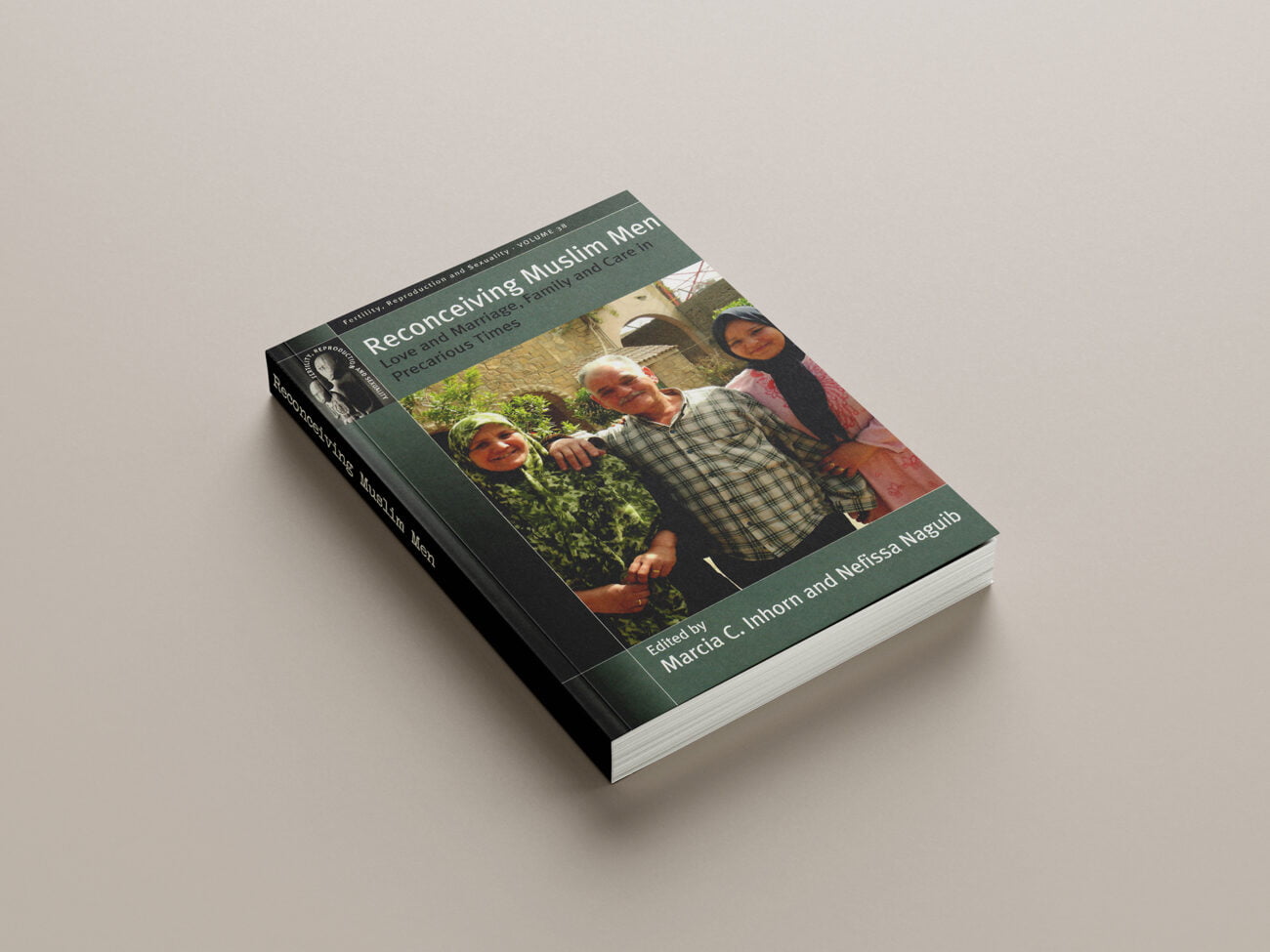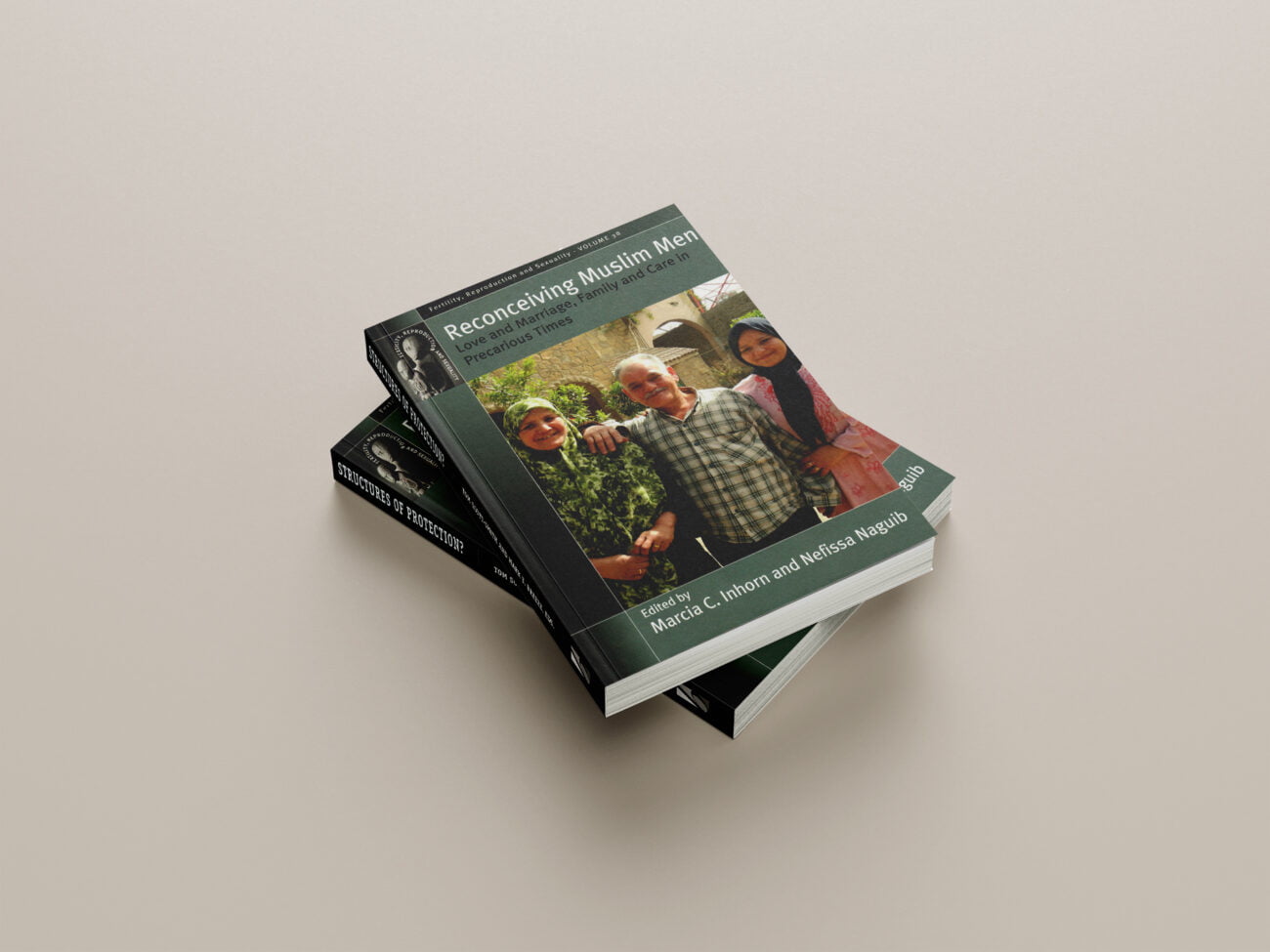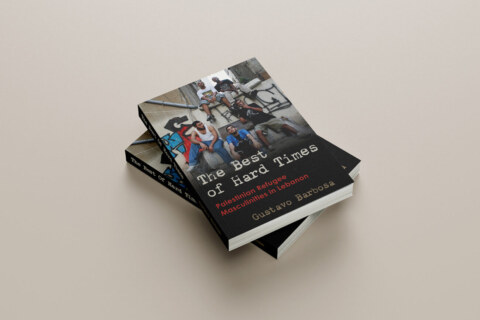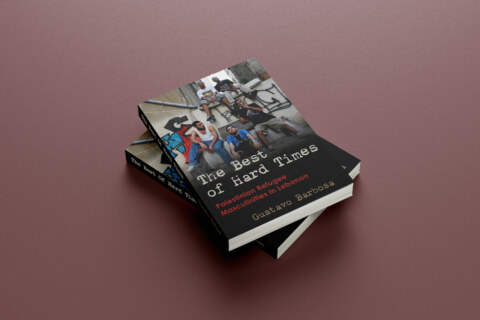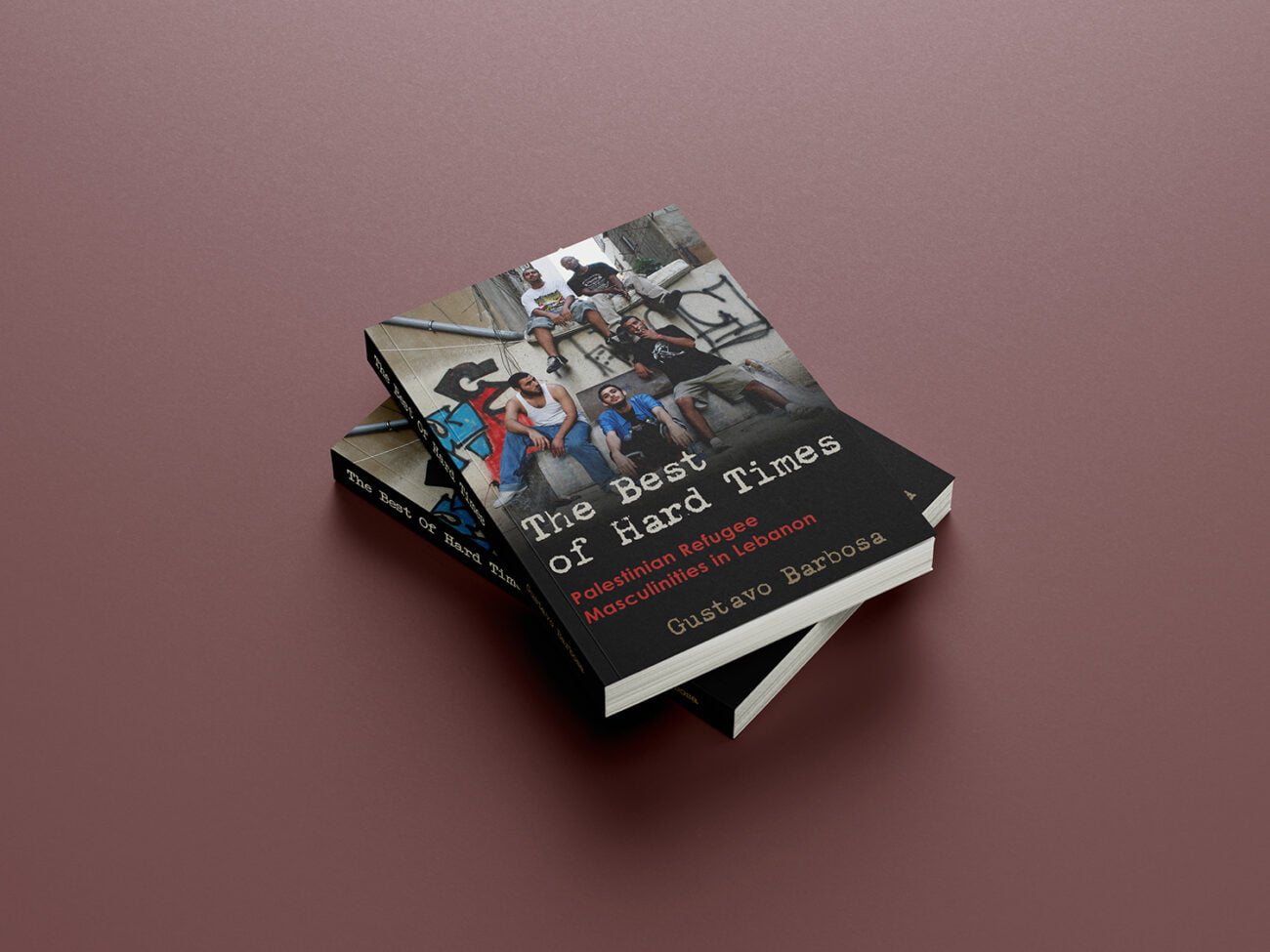“Gender Troubles in Shatila, Lebanon: Bodies that Matter (the Fidāʾiyyīn’s Heroism) and Undoing Gender (the Shabāb’s Burden)”
This chapter asks how today’s lads (shabāb) from the Shatila Palestinian Refugee Camp, in the southern suburbs of Beirut, Lebanon, come of age and display gender belonging. In Palestine prior to 1948, men came of age by marrying, bearing a son and providing for their families. For the Palestinian diaspora in Lebanon, throughout the 1970s, acting as a fidāʾī (fighter) worked as an alternative mechanism for coming of age and displaying gender belonging. Currently, however, both the economic and political-military avenues have ceased to be options open for the Shatila shabāb. I investigate, thus, how they come of age and display proper gender belonging, when, on one hand, Lebanese legislation, through forms of institutional violence, bars their free access to the labor market, forcing them to postpone marriage plans, and on the other hand, participation in the Palestinian Resistance Movement, at least in its military form, is not an option anymore. I register the differences between the fidāʾiyyīn and their offspring, the shabāb, in their coming of age and gender display. While the fidāʾiyyīn displayed their maturity through the fight to return to their homeland, their offspring have a more nuanced relation to Palestine and articulate their coming of age and gender belonging in different ways, such as building a house, attempting to get married and starting a family.
Following certain trends on the literature on gender, shabāb’s masculinity tends to be framed as in crisis, because they are not able to live up to the requirements of a certain hegemonic masculinity. Yet, instead of portraying them as emasculated, I rather promote another crisis, of an epistemological nature: the crisis of gender as a concept imbued with notions of power. Indeed, by observing how the shabāb do their gender, it is not only the full historicity and changeability in time and space of masculinity that come to the fore, but also the scholarly concept of gender that can be transformed and undone. Defining gender strictly in terms of power and relations of domination fails to grasp the experiences of those, like the Shatila shabāb, with very limited access to power – a lesson to be learned by those studying gender in the Middle East and beyond.


